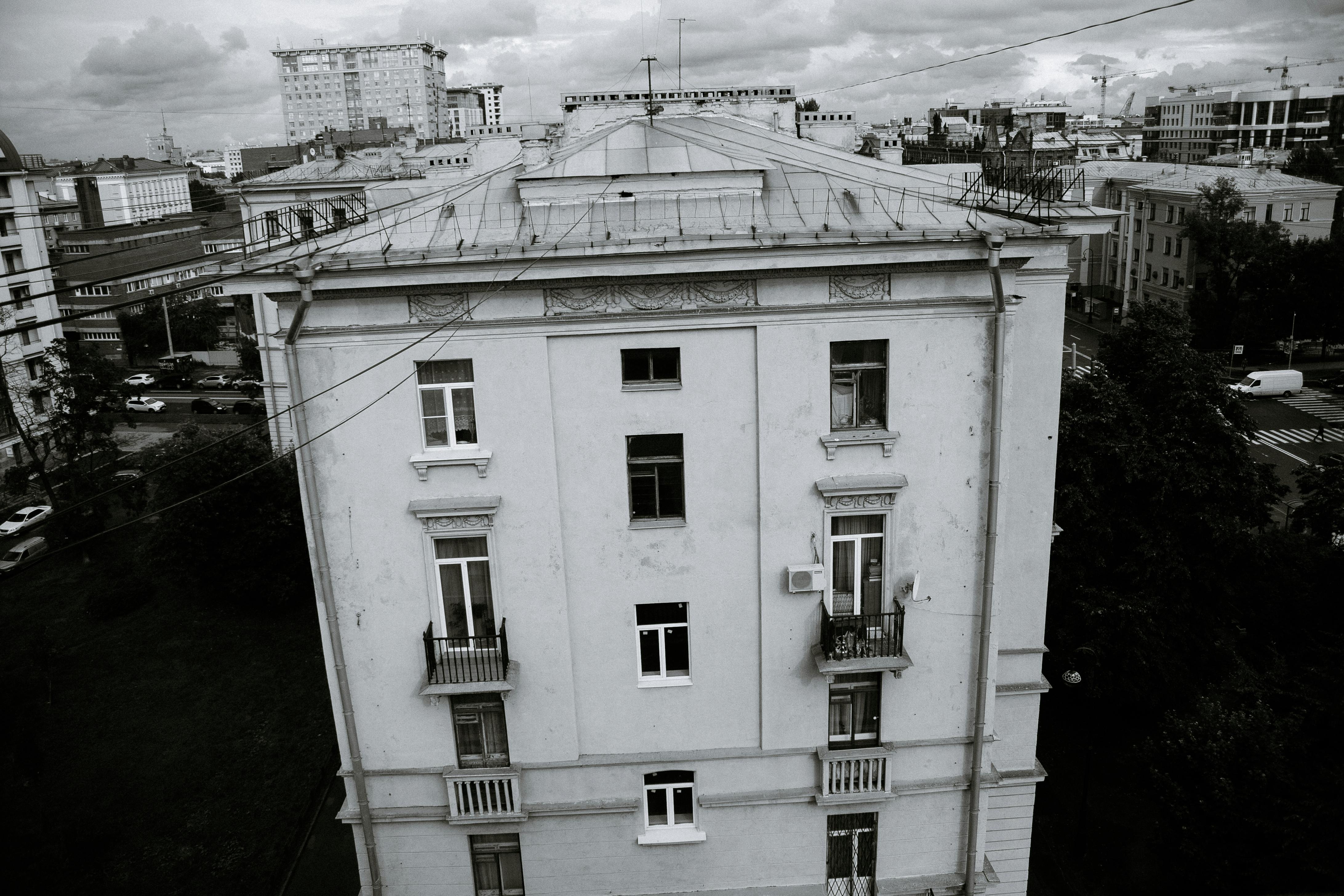It is said that more than a hundred million years ago, during the formation of the Earth, iron sank deep into the center of the planet to create the core of the Earth. This core, made primarily of iron, took with it most of Earth’s high-value alloys, such as gold, silver, platinum, zirconium, palladium, and more. It is predicted that there will be enough precious metal in the planet’s core to cover the entire surface of the Earth in a layer 13 feet deep. That’s a lot of metal! Unfortunately, today there is a limited amount of precious and valuable metals on Earth, so it is essential to recycle them whenever we have the opportunity.
Read on to review some frequently asked questions about precious metal recycling, and you just might be motivated to get involved in this important environmental initiative!
What are precious metals?
Precious metals are rare, of natural origin and retain a high economic value. They are primarily used for coin, jewelry, and industrial applications. Common types include gold, silver, platinum, palladium, titanium, chromium, zirconium, tungsten, cobalt, rhodium, indium, rhenium, osmium, iridium, and ruthenium.
Can all precious metals be recycled?
Yes; all metal can be recycled, including noble, precious, ferrous, and non-ferrous alloys. Not only can you recycle these metals for reuse, but you can also earn money from the whole process. Many scrap buyers pay cash on the spot for any metal and alloy. They even accept trash that contains metal, regardless of its age or condition.
What are the current prices of base precious metals?
At this time, London Fix values report that gold is around $ 1,328.30, silver is around $ 16.66, platinum is around $ 927.00, palladium is around $ 962.00 and rhodium is around $ 1,900. These values change practically every day, as they are easily influenced by numerous global factors.
What can I find titanium to recycle?
Titanium can be found in all kinds of places, including around your home. Items such as dental implants, jewelry, glasses, watches, and electronic protective cases are common items made with titanium. Other common items include drill bits, wrenches, bolts, and other tools. It is also a common element in motorcycle parts, such as brake components, exhausts, clutch levers, and even handlebars.
Is a precious metal also a noble metal?
Noble metals include precious and non-ferrous metals. Non-ferrous metals do not contain iron, so they are resistant to various elements and subsequent damage, including moisture, chemicals, oxidation, and more. Precious metals are found in nature and hold a higher economic value. Noble metals are metals that are resistant to corrosion and oxidation in humid conditions, that is, humidity.
Where can I recycle high-value alloys?
Finding a company or service that buys, recycles, refines, and sells high-value alloys is easy. Just search your local directories for a reputable and reliable metal recycling center in your city. It is important to find the company that can offer you the best and fairest return on your gold, silver, platinum or other scrap that you want to recycle.
